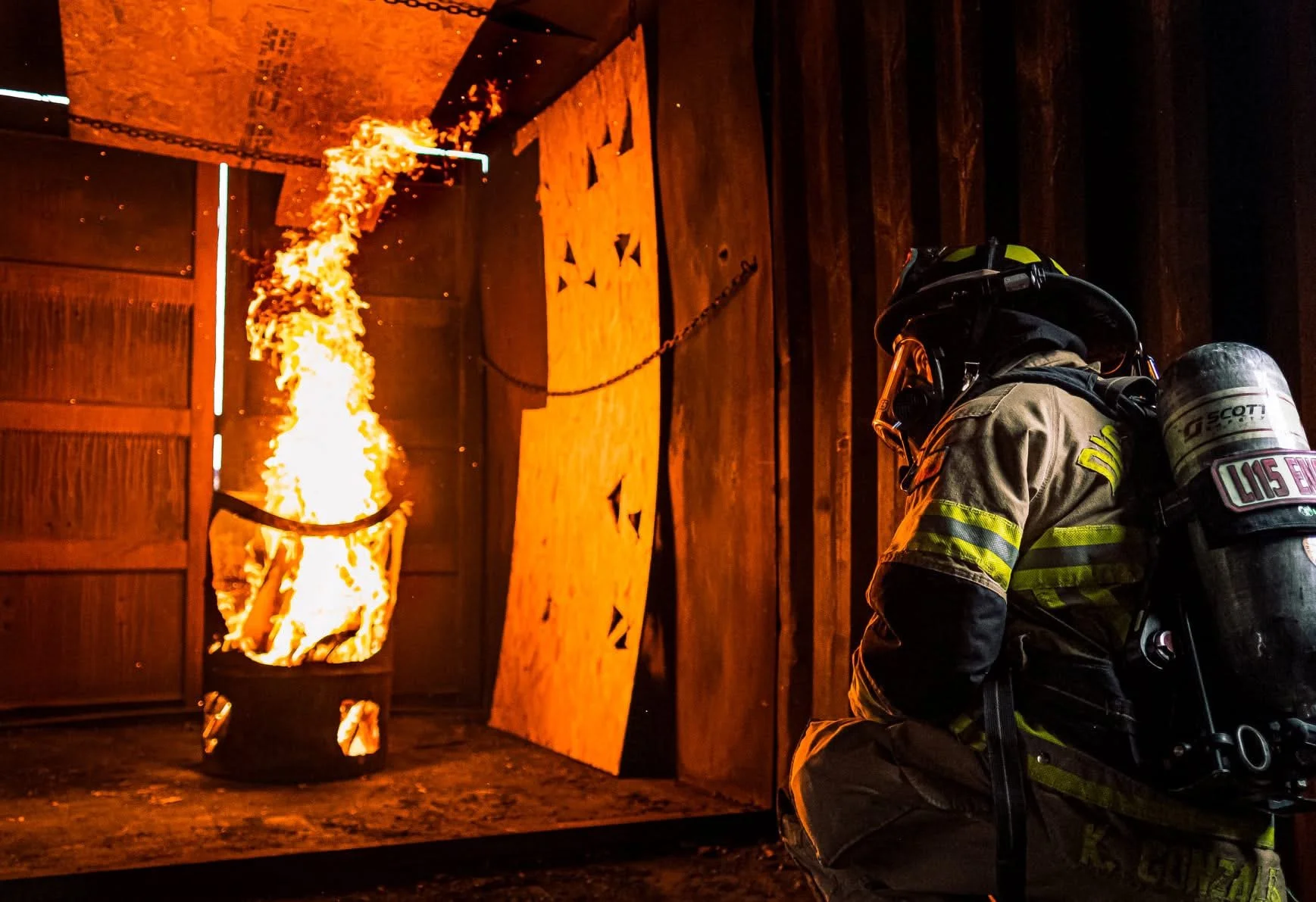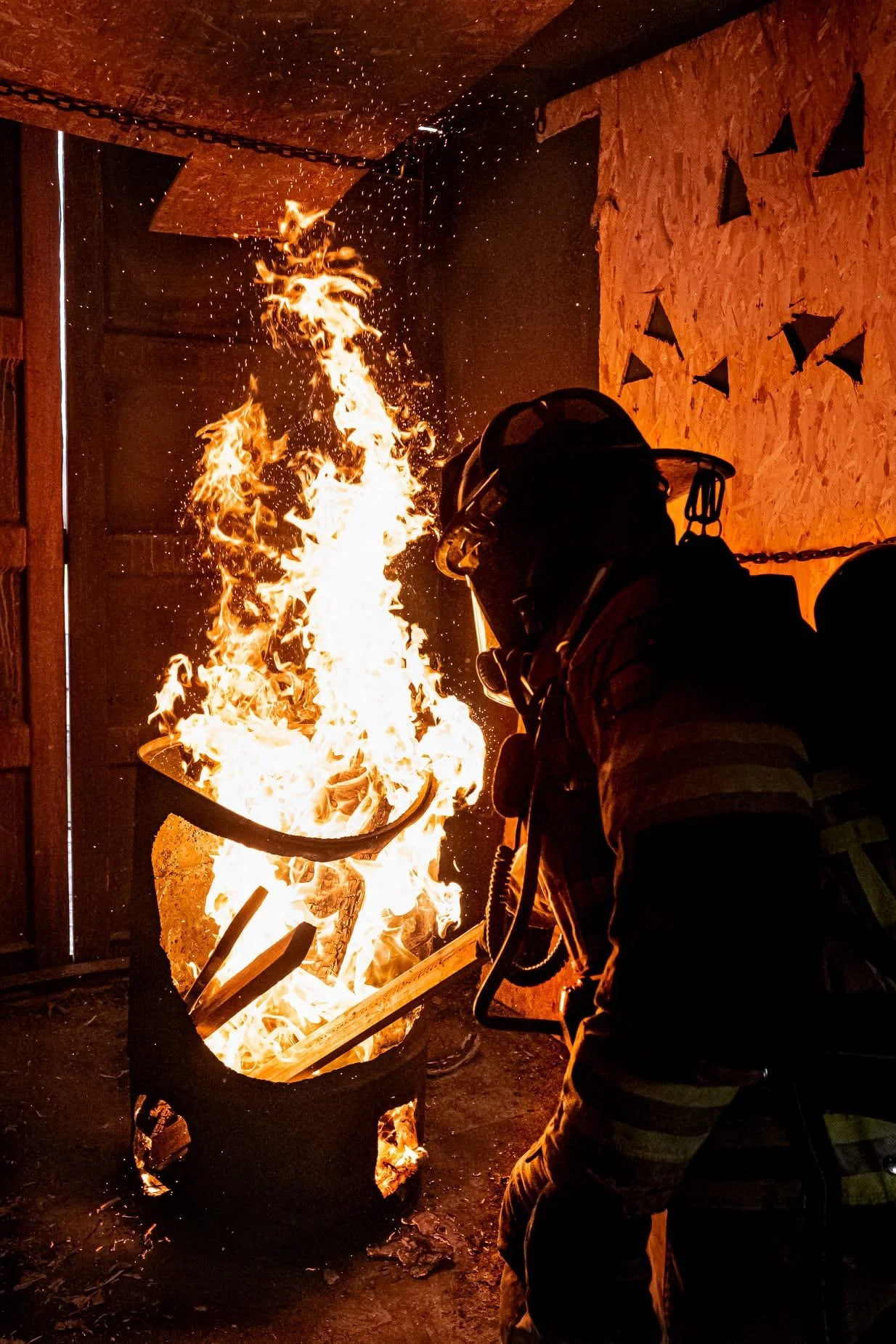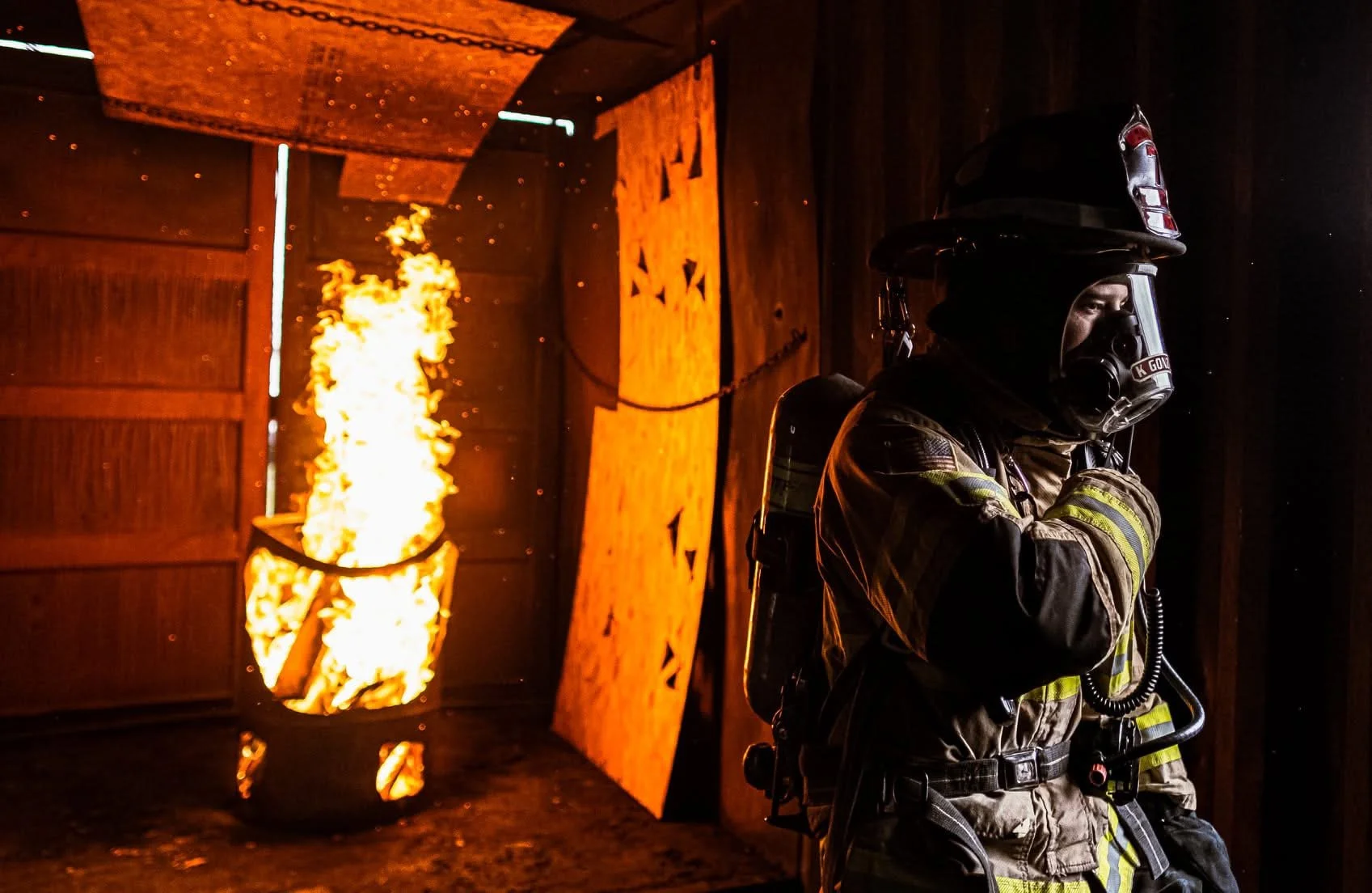Through the Fire
For twelve long months, the gear weighed heavier than it should. Not because of its weight, though that was real enough, but because of what it represented. A probationary firefighter is a ghost in the firehouse: present, eager, watching, always learning… but not quite “one of them” yet. At District 7, that purgatory ends with something they call The Crucible.
It’s more than just a test. It’s a rite of passage. A trial by smoke, sweat, and sometimes doubt. For the men and women in the house, passing The Crucible doesn’t just mean the end of a probation period — it means belonging.
The Year Before the Fire
A rookie’s first year isn’t measured in shifts. It’s measured in moments of failure and tiny, hard-won progress.
There’s the first time you fumble with the SCBA mask in front of the crew. The first time you roll hose the wrong way. The first time you're too slow to catch a hydrant. No one yells — not at first — because everyone’s watching. Noticing. Logging your growth.
You get a task book, thick as a small novel. It's your bible. Hose lays, ladder carries, forcible entry, medical protocols, engine operations — each page a step toward competence, and each skill signed off by those already hardened by years on the job.
But it’s not just technical. It’s emotional, psychological. You learn how to read a room. How to stay silent when you're exhausted. How to sweep the station floor without being asked. How to listen more than talk. You’re learning how to become someone others would trust in a burning building.
And then, one day, your captain walks by and casually says,
“You ready for the Crucible?”
The Day It Comes
The sun doesn’t rise on Crucible Day — it glares. You show up early. Everything’s already set. The lines are coiled. The air packs are laid out. There’s tape on the bay floor marking off zones. A few senior guys sip coffee, nodding silently as you walk in.
They’ve all been through it. They know what it means.
And then it begins.
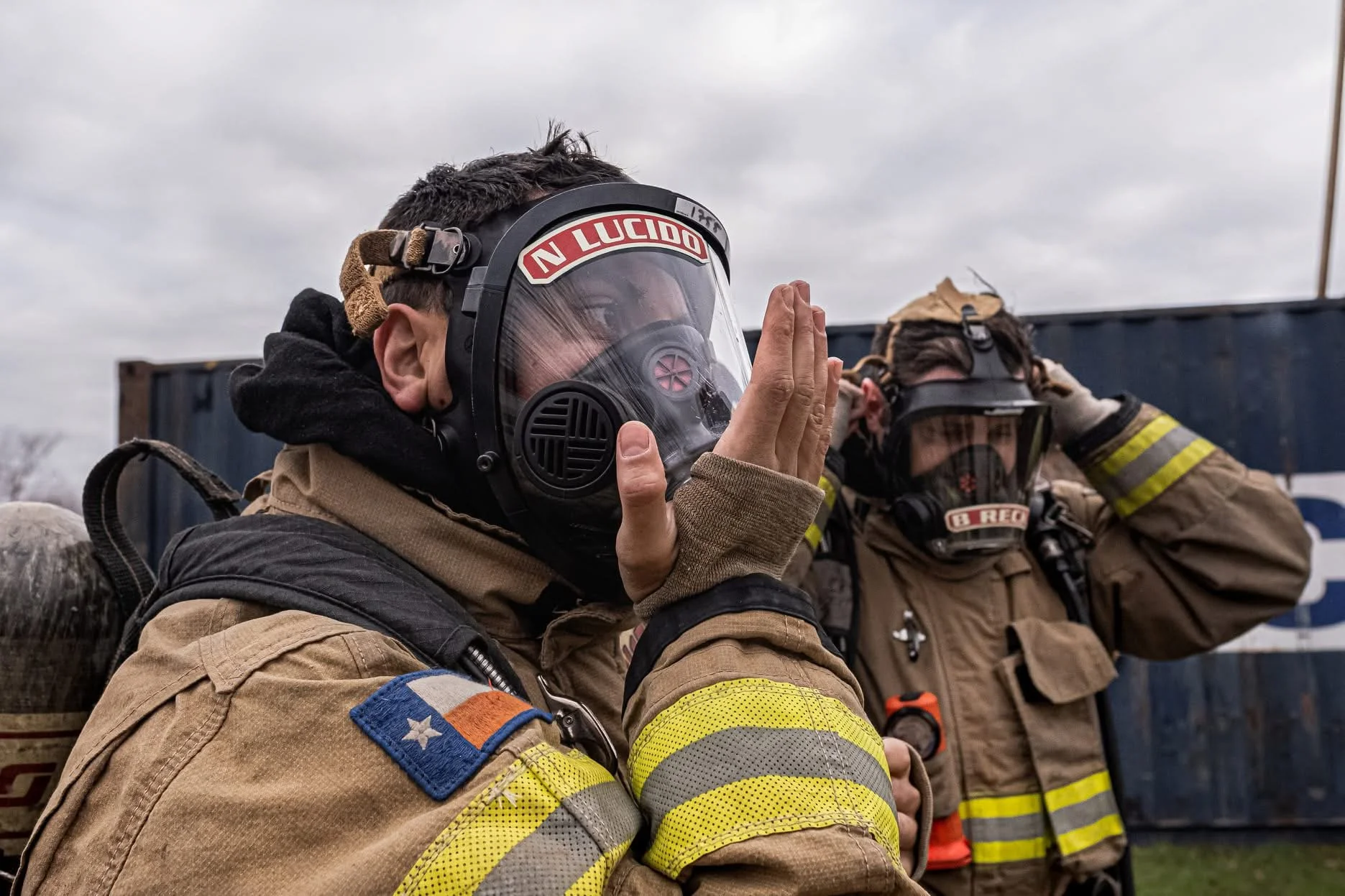
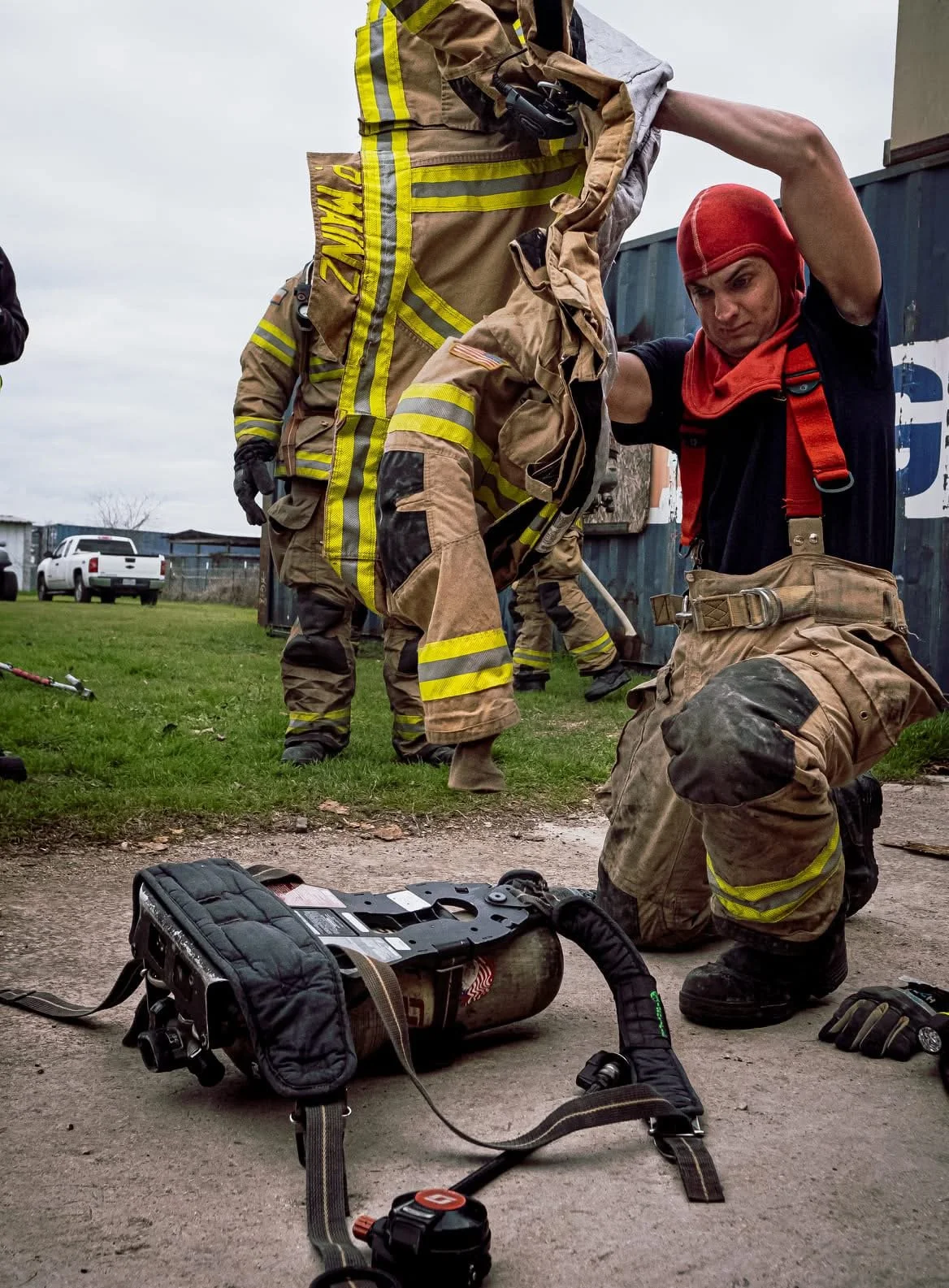




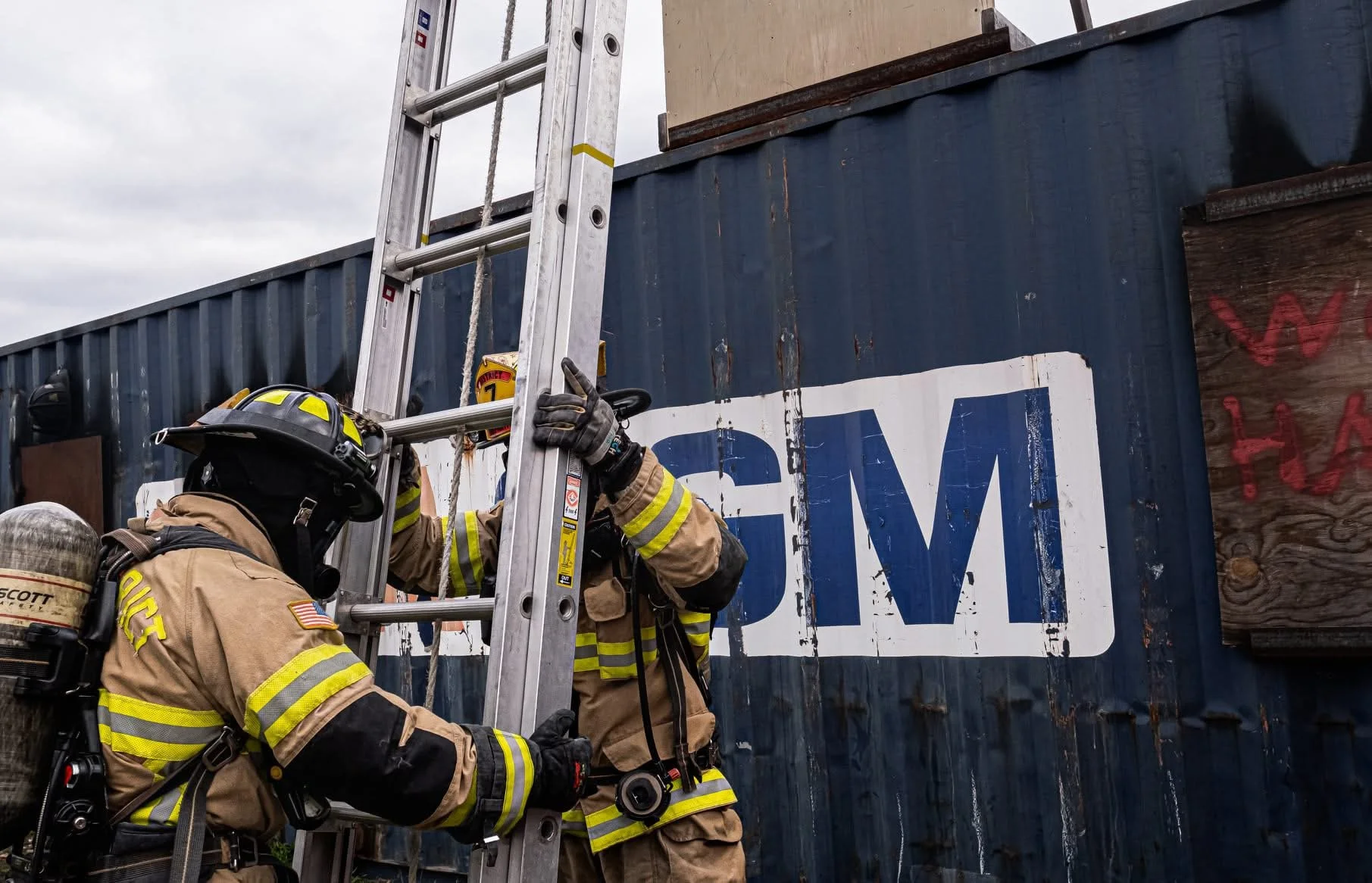
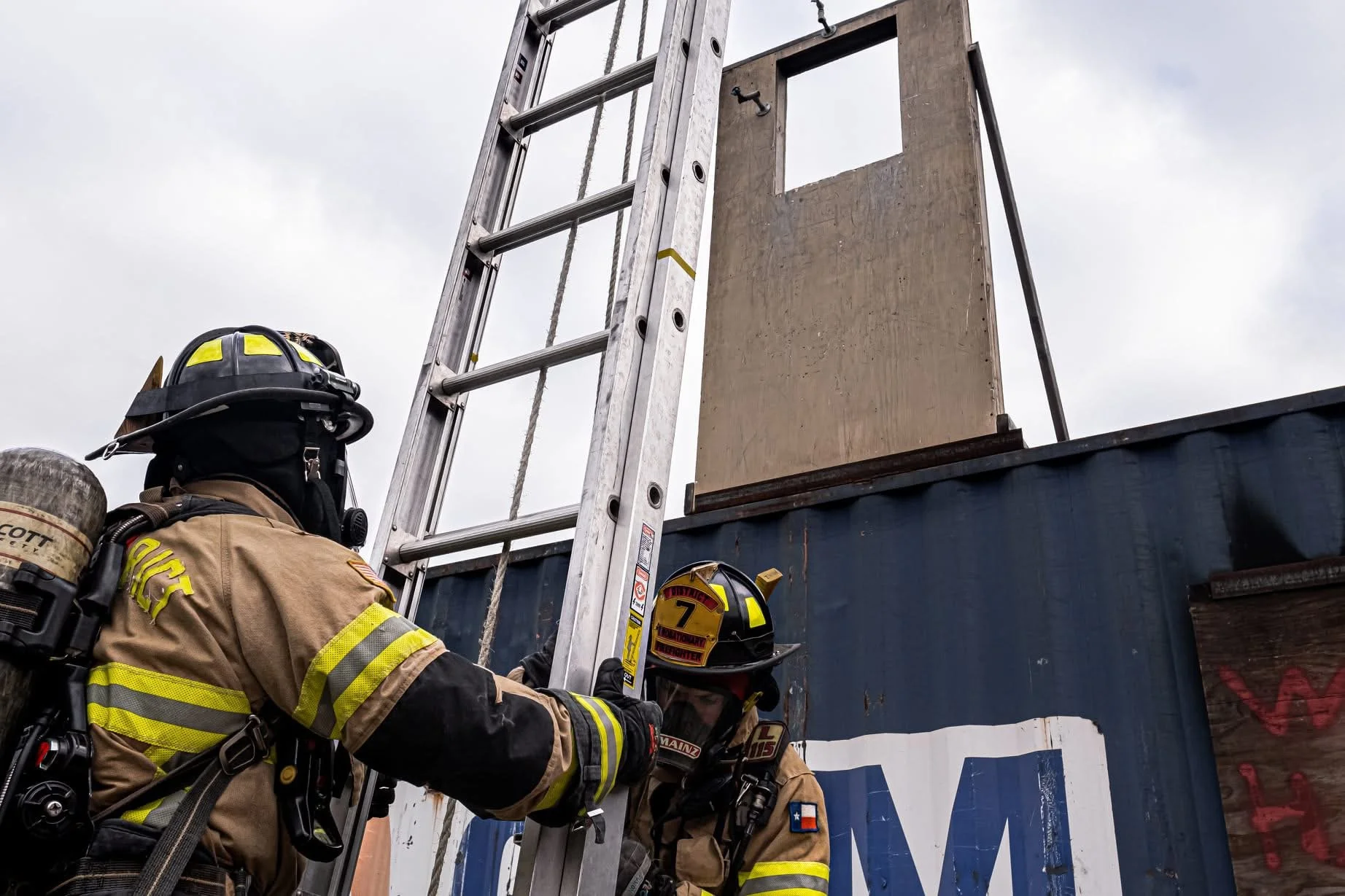
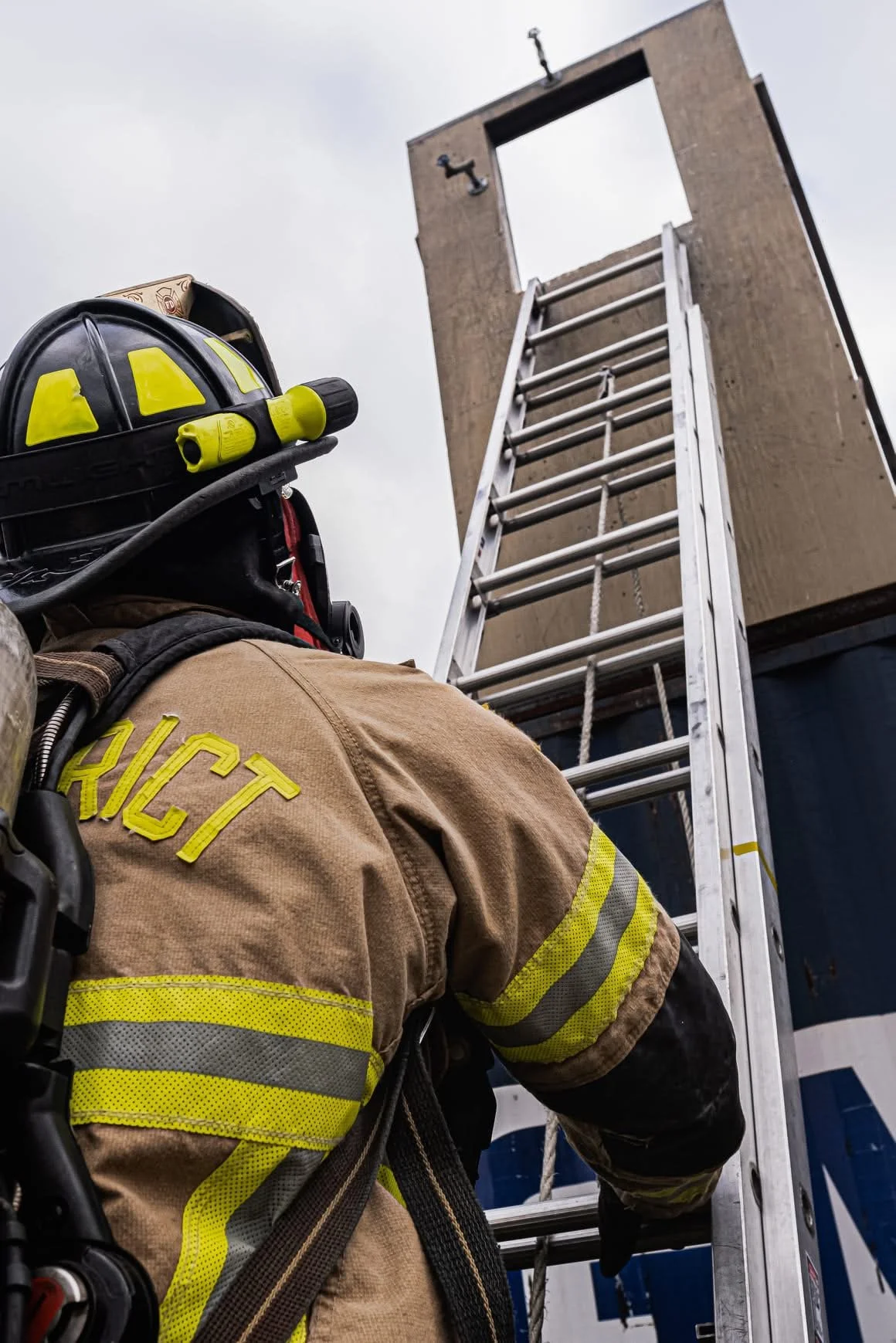
You suit up in full PPE. Your heart’s already pounding before the mask seals shut. There’s no music, no motivational speech. Just the sound of boots on concrete and the hiss of compressed air.
You’re pushed into one scenario after another:
A Latter Carry
A search and rescue drill with a weighted dummy in a simulated house fire.
A VEIS drill - Vent, Enter, Isolate, Search; as fast and as safe as muscle memory allows.
A medical trauma scenario where everything feels too real.
They watch everything. Your breathing. Your form. How you communicate. Whether you hesitate. Whether you quit.
And all the while, the crew that’s been quietly evaluating you for a year now stands back — some nod, some keep straight faces. Your future is in how you move today.
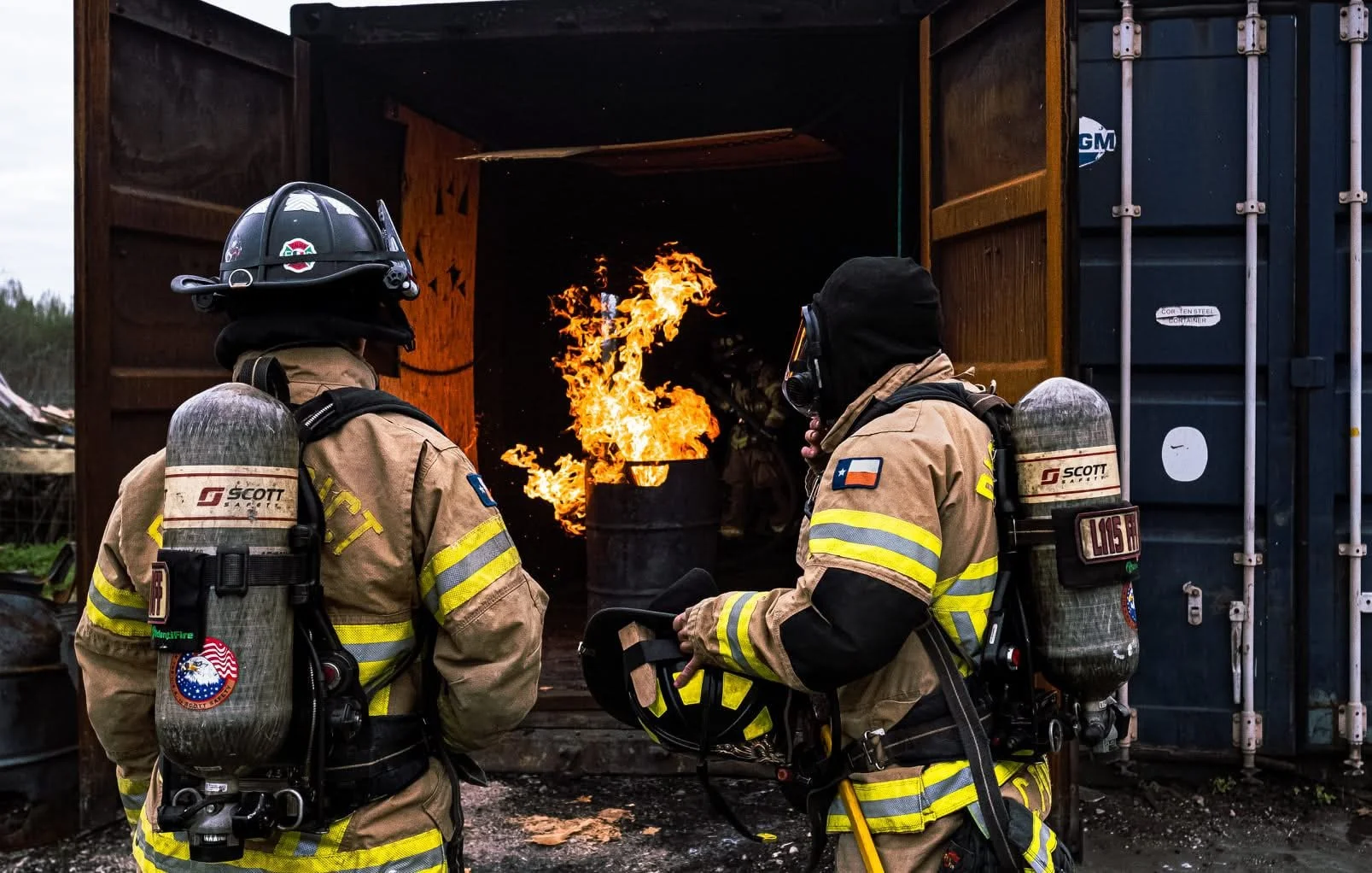
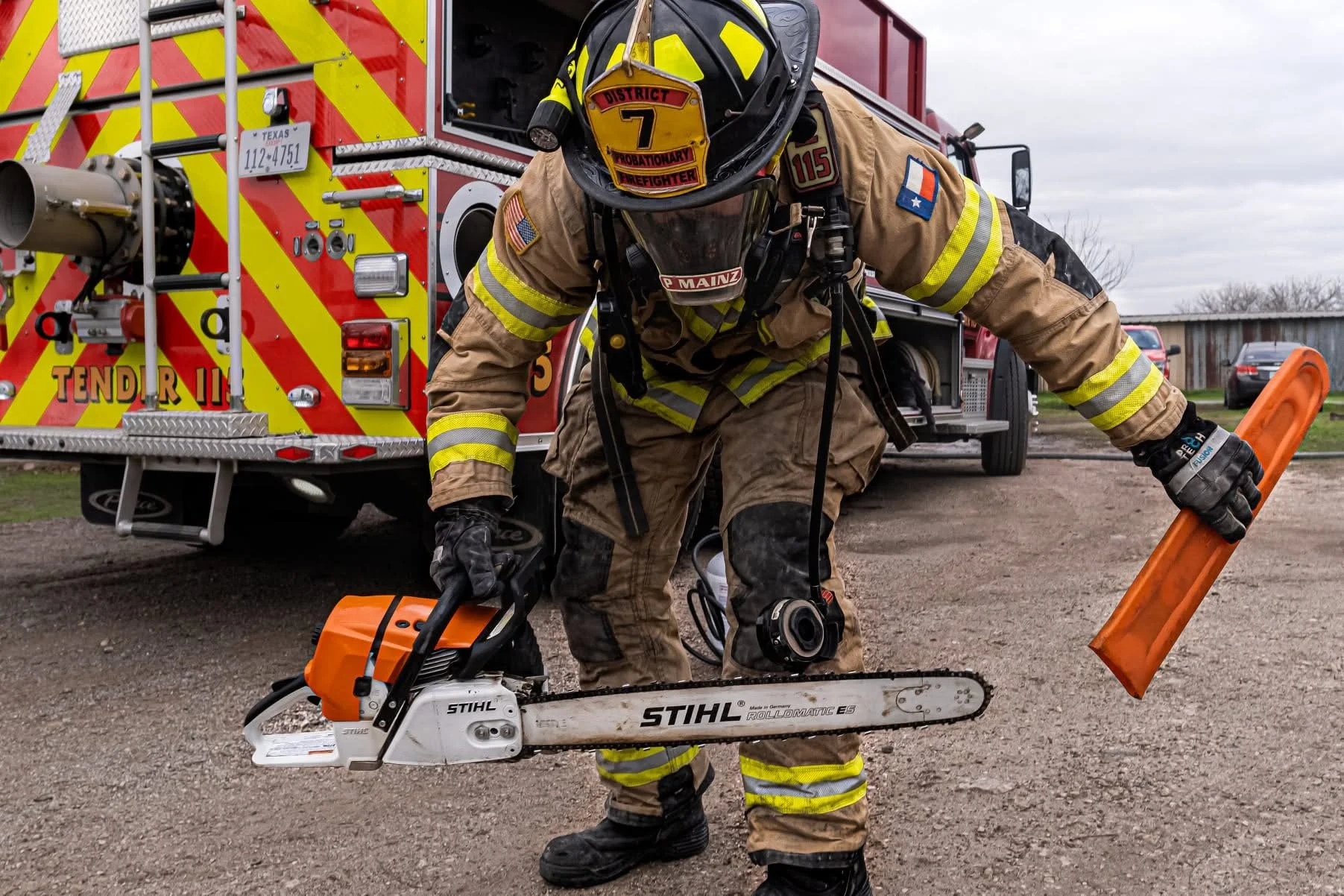


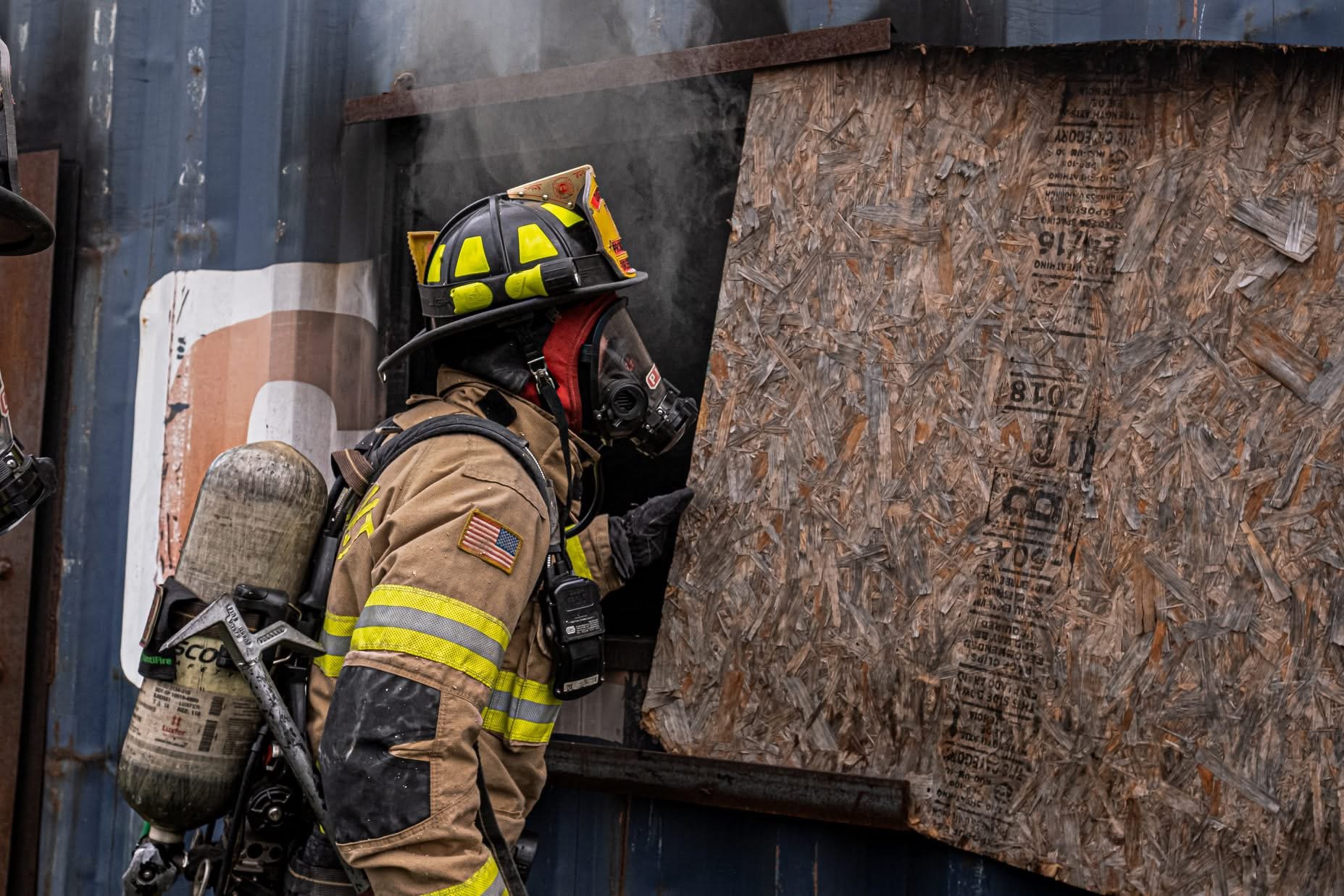
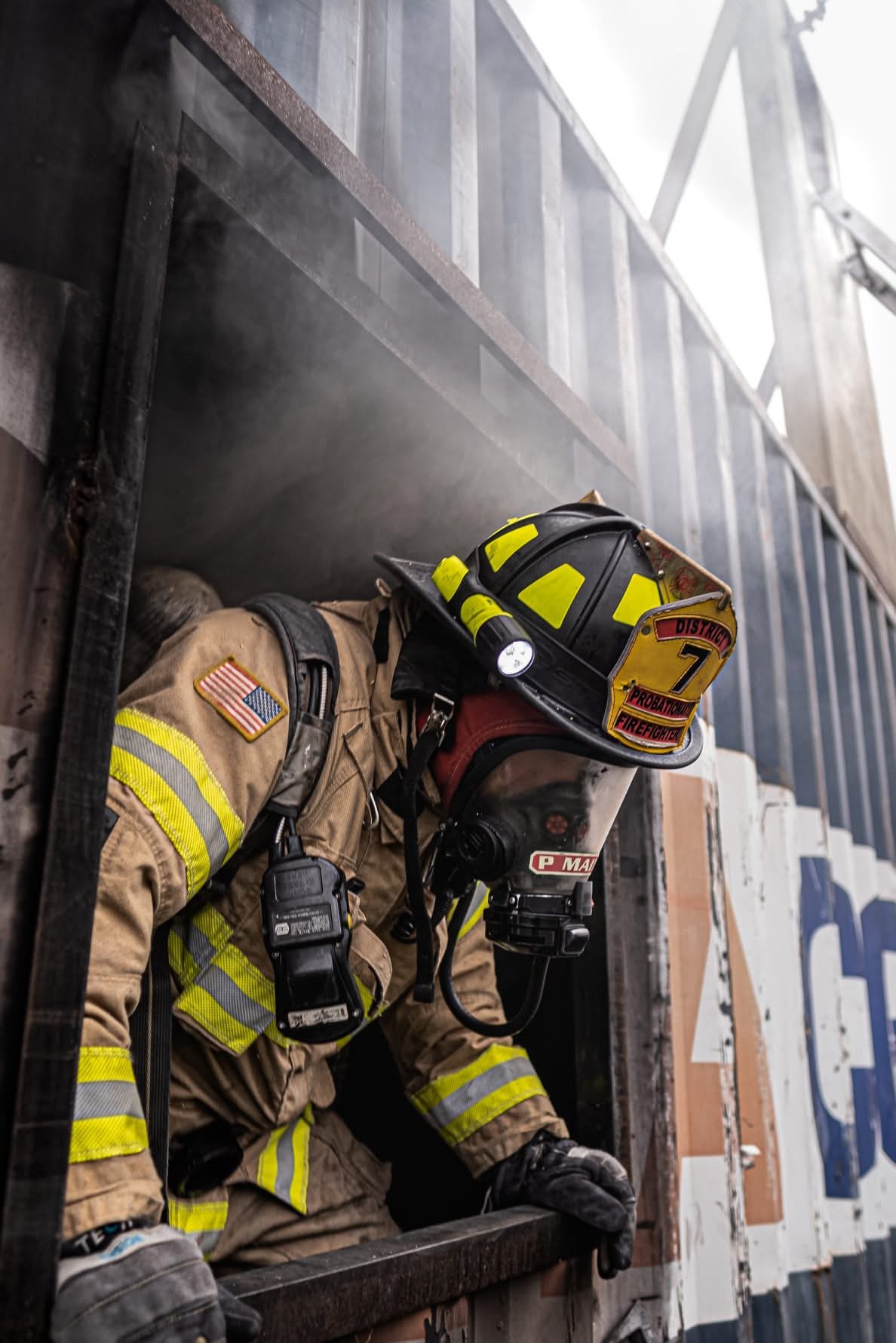
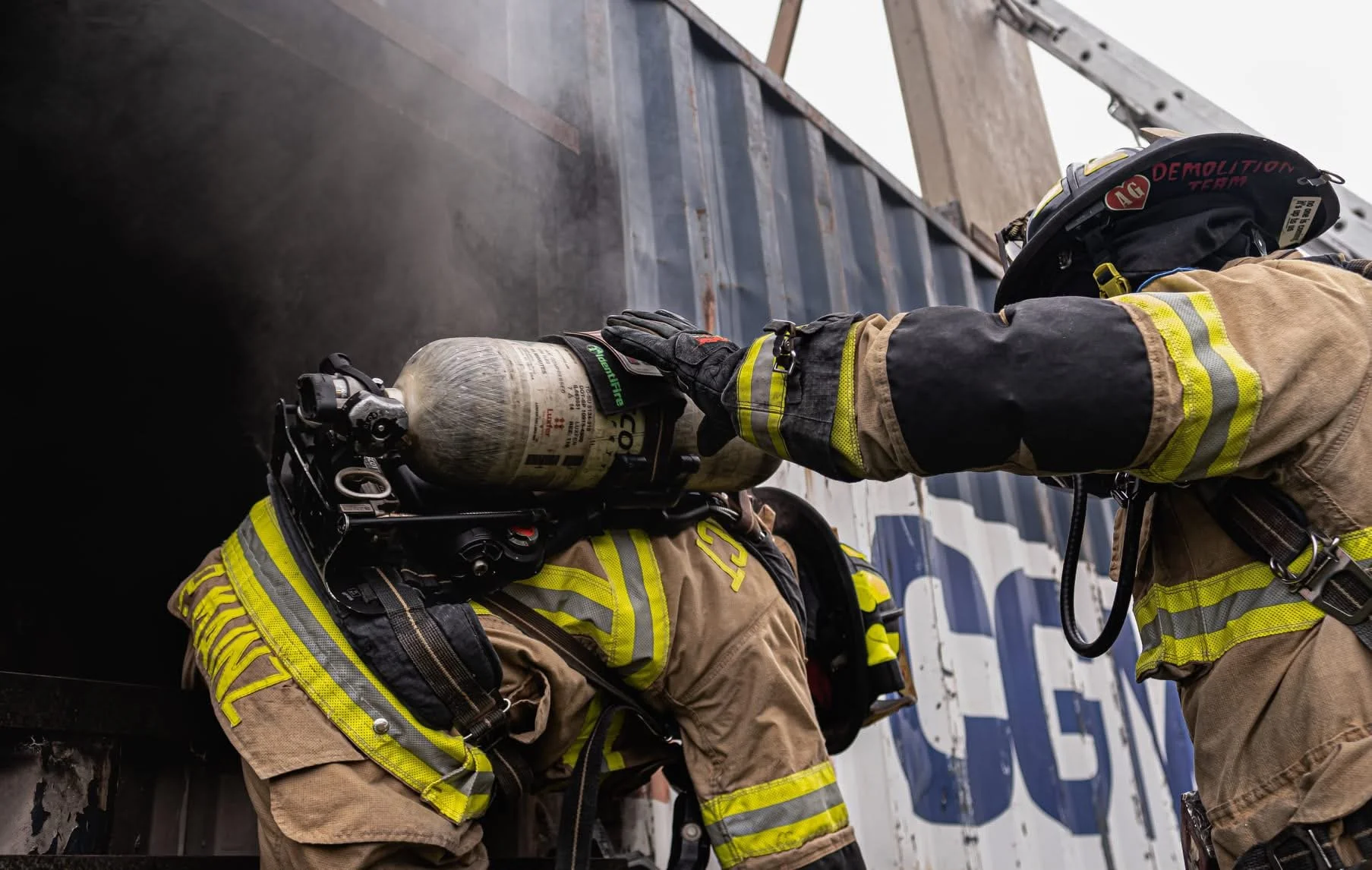
What They’re Really Testing
Yes, they’re looking at your skill. But more than that, they’re watching for something deeper.
They want to see if you're calm in chaos. If you can think clearly when your lungs scream. If you can trust your training and more importantly, if they can trust you.
Because this isn’t a job that allows doubt.
The Crucible is designed to mimic the pressure of real calls. Fires don’t wait for you to get it right. Victims don’t care that you’re new. When the tones go off at 2 a.m., you need to be solid. Sharpened.

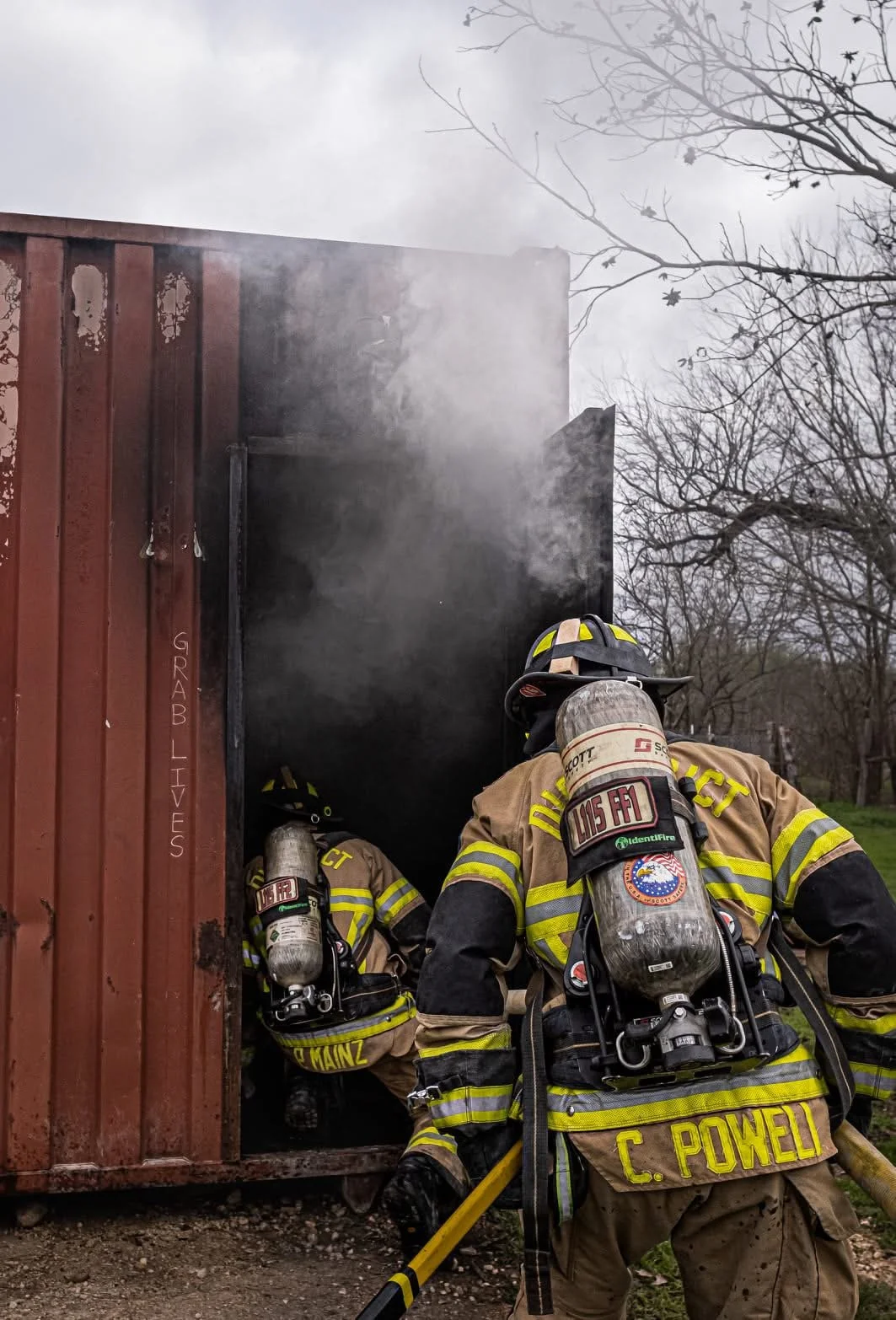
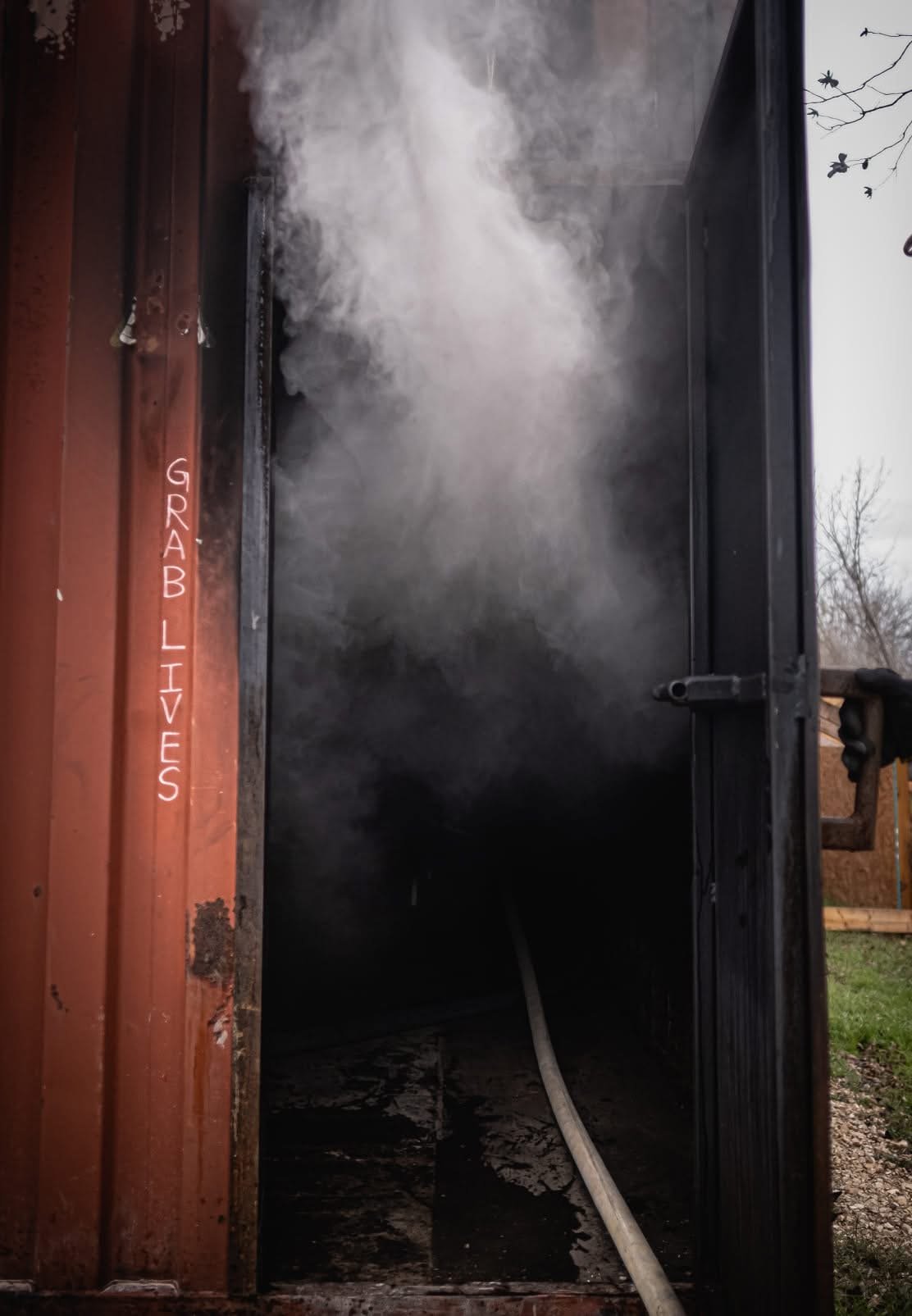



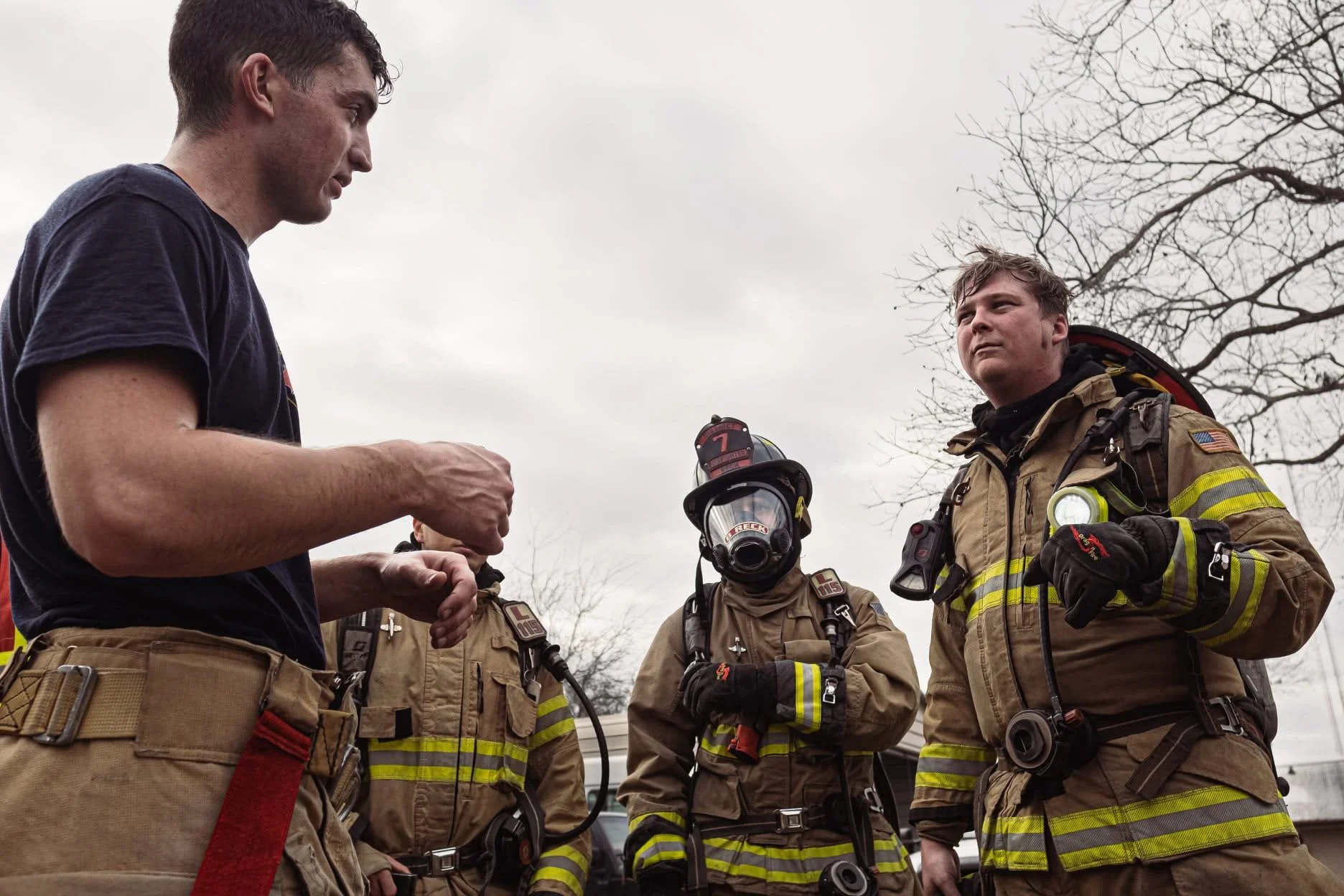
The End Is Just the Beginning
Hours later, you’re drenched in sweat. Your hands shake as you peel off your gloves. Your task book is complete. Your Crucible is done.
You look around and see something different in their faces now, not just scrutiny, but recognition. A few quiet nods. A slap on the back. One of the captains cracks a rare grin.
“You’re in now,” someone says.
No more watching from the outside. No more holding your tongue in the group text. You’re one of them.
But here's the truth, the fire doesn’t care about task books or test days. Every shift from here on out is a Crucible. But now, you’re ready for it.
